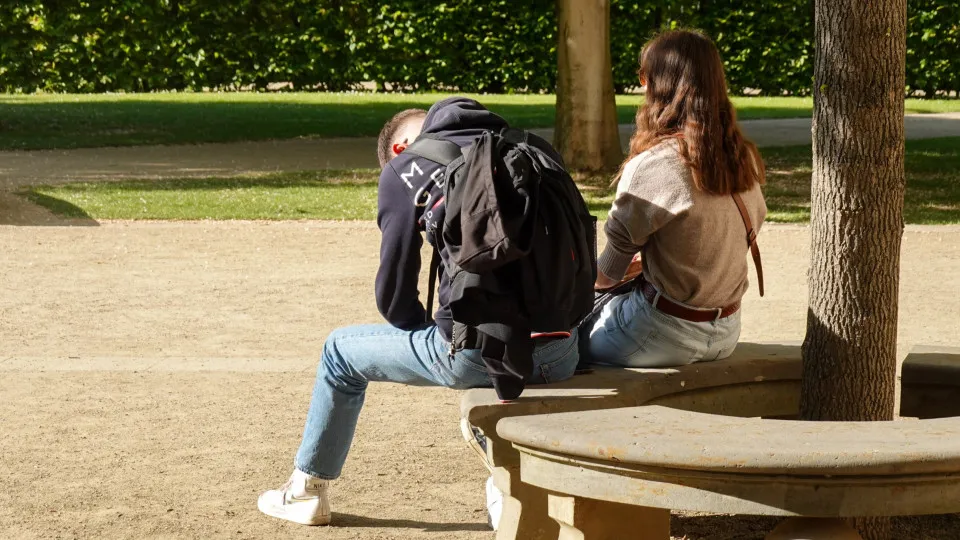If you've ever had your heart broken, you're familiar with the sensation of feeling your entire world collapse and the debilitating pain that comes with it. Heartbreak can deeply affect us in many ways, including physically. Discover the impact heartbreak has on your body and learn some tried and true methods for healing your pain in the following gallery!
Love hurts: how heartbreak affects you physically
The science of heartbreak
© Getty Images
RECOMMENDED FOR YOU



